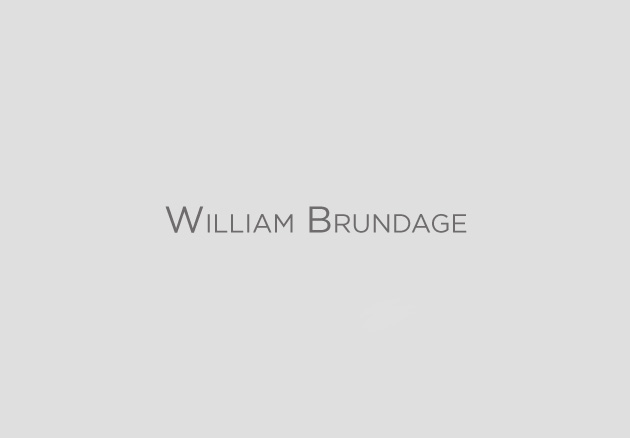
Call William Directly at 248.980.2455
Detroit News: Economy Gets Past Recession Worries
Washington— U.S. consumers and businesses are not so worried that the economy is about to tumble into a recession after all.
Manufacturing grew a little slower in August than the previous month, but it didn’t contract as some had feared. Shoppers spent more at retail sales during the crucial back-to-school season. And fewer people applied for unemployment benefits last week, a sign that companies aren’t cutting workers.
Thursday’s reports hardly suggest the economy is strong. They mostly point to weak growth.
But that data were better than most economists had expected. And after a month in which stocks had plunged and many feared another downturn was looming, even marginally positive news was a welcome sign.
“There is no recession,” said Chris Rupkey, an economist at Bank of Tokyo-Mitsubishi UFJ, in a note to clients. Despite the sharp drop in financial markets in early August, “nothing has happened to the real economy,” he said.
Stocks were mostly flat. Many investors are likely waiting to see today’s report on job growth and unemployment in August. The government’s monthly employment report is the most important indicator of business confidence, particularly during uncertain economic times.
Manufacturing grew last month for the 25th straight month, according to the Institute for Supply Management.
Orders contracted, though at a slower pace than the previous month. Production shrank for the first time in 26 months. Measures of exports and employment showed that those categories expanded, but at a slower pace.
“To call this a relief is something of an understatement,” said Ian Shepherdson, an economist at High Frequency Economics. “It could have been horrendous.”
Weekly applications for unemployment benefits fell 12,000 to a seasonally adjusted 409,000 last week, the Labor Department said.
Applications have come down steadily from an eight-month high of 478,000 in April. Still, they typically need to drop below 375,000 to signal sustainable job growth.
Consumers kept shopping in August, despite the drop in stock prices. Target Corp., Macy’s Inc., teen retailer Wet Seal Inc. and warehouse club operator Costco Wholesale Corp. posted sales gains that beat Wall Street expectations. Luxury chains such as Nordstrom Inc. and Saks also fared well.
Consumer spending accounts for 70 percent of economic activity.
The economy expanded at an annual rate of just 0.7 percent in the first half of the year.
CLICK HERE to see the article in the Detroit News.






